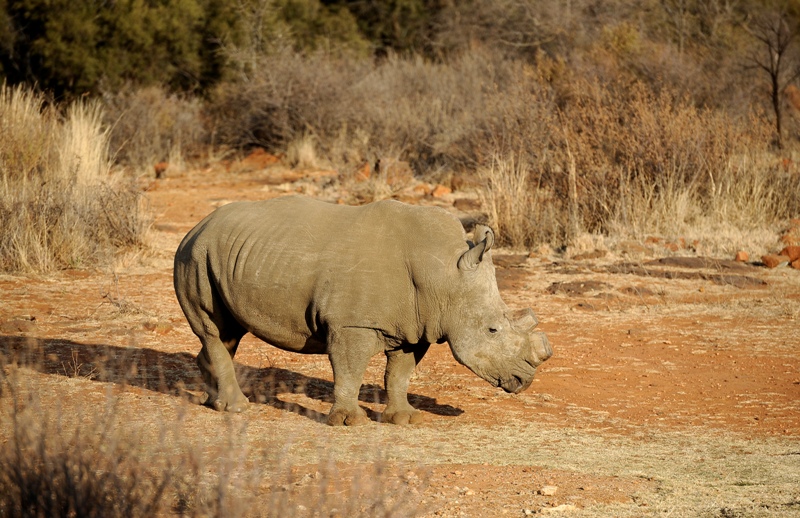VANCOUVER – A Vancouver-area antiques dealer has pleaded guilty in an American court to attempting to import endangered rhinoceros horns into Canada in a smuggling operation that also saw carved elephant tusks and other items illegally transported across the border.

Xiao Ju Guan, also known as Tony Guan, pleaded guilty Tuesday in a New York City court to one count of attempted smuggling.
The 39-year-old, who owns an antiques business in Richmond, B.C., pleaded guilty to one count of attempted smuggling, the U.S. Department of Justice said in a news release.
The release said Guan travelled from the Vancouver area to New York, where he met with undercover agents from the U.S. Fish and Wildlife Service at a storage facility in the city’s Bronx borough.
The agents sold Guan two endangered black rhinoceros horns and then accompanied him as he shipped the horns to an address in Point Roberts, Wash., located just across the border south of Vancouver. He labelled the box “handicrafts,” the release said.
“Guan indicated that he had people who could drive the horns across the border and that he had done so many times before,” said the news release.
Guan’s plea included an admission that he and people working for him have smuggled more than $400,000 of rhino horns and sculptures made from elephant ivory and coral from numerous U.S. auction houses into Canada, either by shipping them to Point Roberts or directly to Canada with false paperwork and without required declaration or permits.
The offence carries a maximum term of ten years in prison and a sentencing hearing is set for March 13 next year. Guan also agreed to forfeit items seized during a search of his business in Richmond and he agreed not to participate in the trade, purchase or sale of wildlife in the U.S.
His arrest came as part of an ongoing American investigation labelled Operation Crash, which is targeting the illegal trafficking of rhino horns. A herd of rhinoceros is referred to as a crash.
The Department of Justice notes all species of rhinos are endangered, while elephants are either endangered or vulnerable. Because of that, trade in rhino horns and elephant ivory is severely restricted.
“Rhinos and elephants are not antiques, as the president of an antique company engaged in international trade should know” Sam Hirsch of the U.S. Department of Justice said in a news release.
“The illegal trade in rhino horn and elephant ivory and the escalation of black-market prices are directly related to horrific poaching on living animals.”
.



Comments